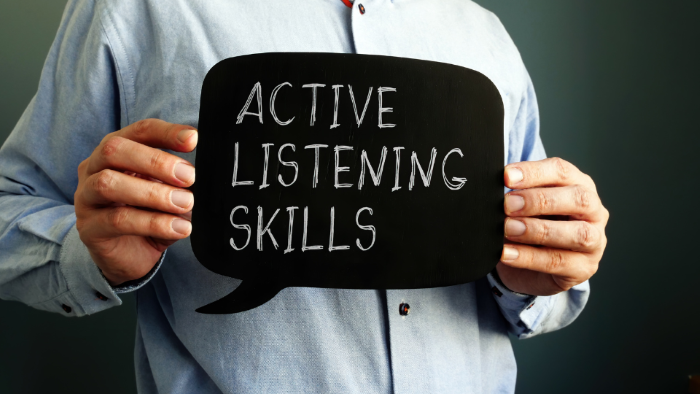Networking: Building Connections That Matter
Networking is a crucial aspect of professional growth and business success. Building meaningful connections can open doors to new opportunities, provide valuable insights, and foster collaboration. Here’s how you can develop effective networking strategies and build connections that matter.

1. Understand Your Goals:
- Clarify why you want to network. Are you seeking new clients, partnerships, mentorship, or industry insights?
- Having clear objectives helps you focus your efforts and connect with the right people.
2. Attend Events and Conferences:
- Participate in industry-related events, conferences, and seminars.
- These gatherings provide opportunities to meet like-minded professionals and expand your network.
3. Leverage Social Media:
- Use platforms like LinkedIn, Twitter, and industry-specific forums to connect with professionals.
- Engage with their content by commenting, sharing, and starting conversations to build relationships.
4. Join Professional Organizations:
- Become a member of professional associations and groups relevant to your field.
- Active participation in these organizations can lead to valuable connections and resources.
5. Offer Value First:
- Focus on what you can offer to others rather than what you can gain.
- Providing value, whether through advice, resources, or introductions, helps build trust and reciprocity.
6. Follow Up and Stay in Touch:
- After meeting someone new, follow up with a personalized message or email.
- Regularly keep in touch by sharing relevant information, congratulating them on their achievements, or arranging casual catch-ups.
7. Be Genuine and Authentic:
- Authenticity is key to building meaningful relationships.
- Show genuine interest in others’ work and goals, and be yourself in interactions.
8. Develop Elevator Pitches:
- Prepare concise, engaging pitches about yourself and your business.
- Being able to clearly articulate your value proposition makes a strong impression in brief encounters.
9. Host Networking Events:
- Organize events, meetups, or workshops in your industry.
- Hosting positions you as a connector and provides a platform to meet new people.
10. Seek Mentors and Advisors:
- Identify experienced professionals who can offer guidance and advice.
- Building mentor-mentee relationships can provide invaluable insights and open doors to broader networks.
11. Utilize Alumni Networks:
- Engage with your alumni network from your educational institutions.
- Alumni often share a common bond, making it easier to establish connections.
12. Practice Active Listening:
- Show attentiveness and interest in conversations by actively listening and asking thoughtful questions.
- Active listening builds rapport and demonstrates that you value the other person’s input.

Conclusion
Effective networking is about building genuine, mutually beneficial relationships. By understanding your goals, attending events, leveraging social media, joining professional organizations, offering value, following up, being authentic, developing elevator pitches, hosting events, seeking mentors, utilizing alumni networks, and practicing active listening, you can create connections that matter. These connections can lead to new opportunities, insights, and support that drive your professional and business success.






